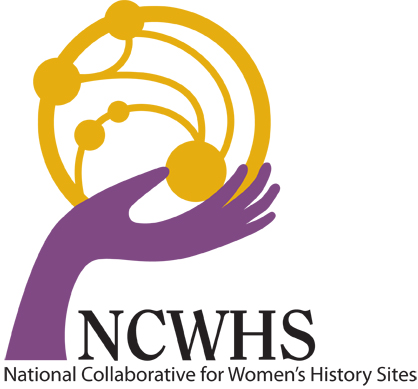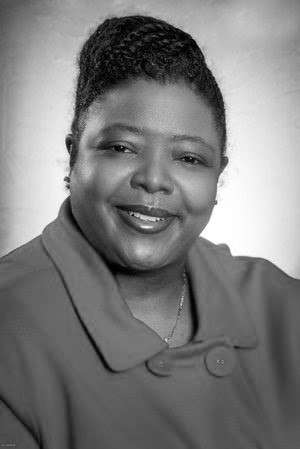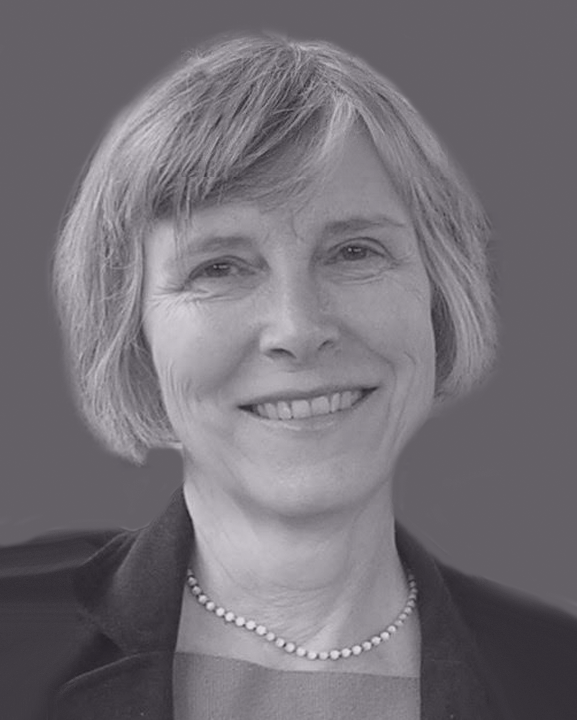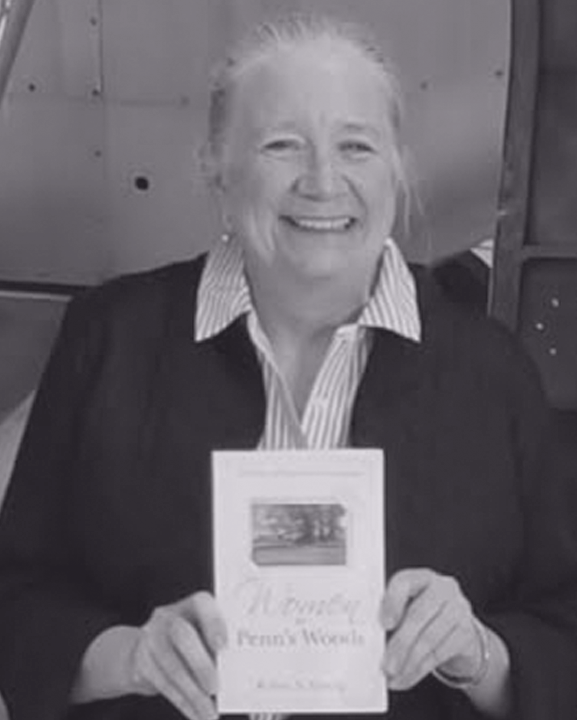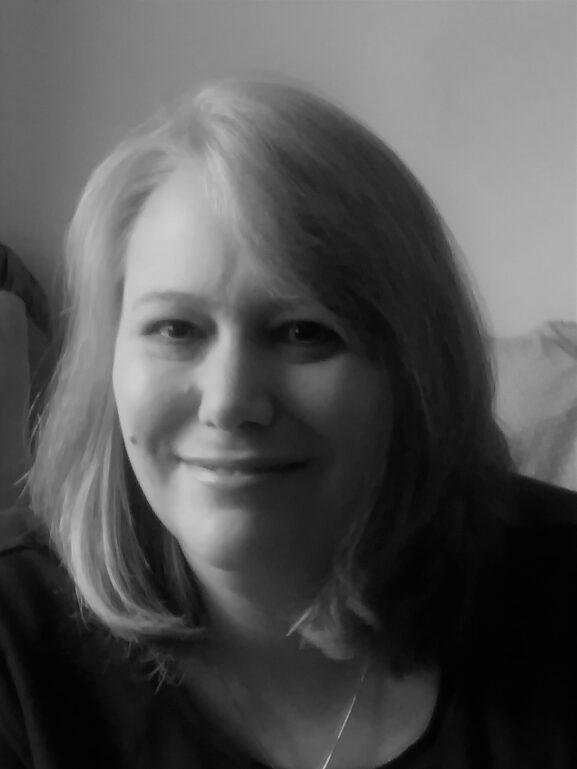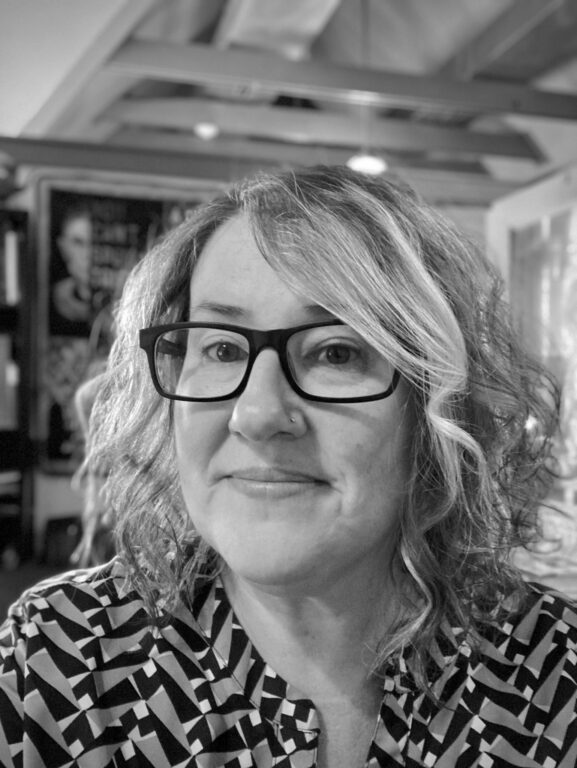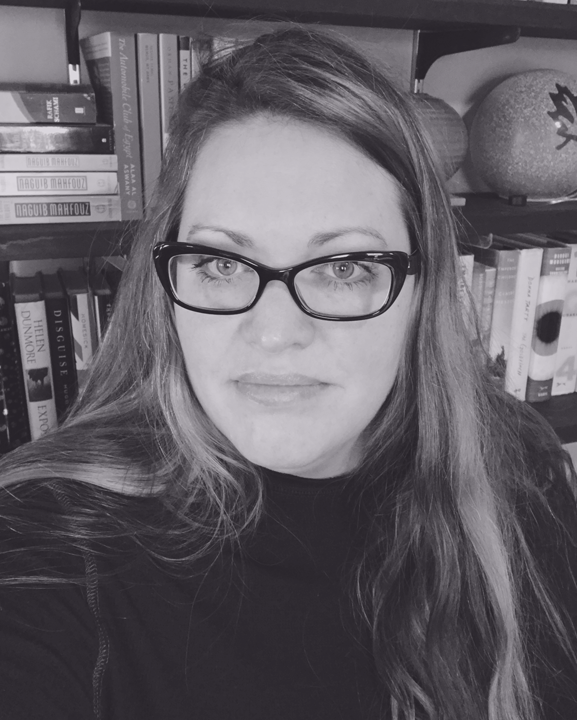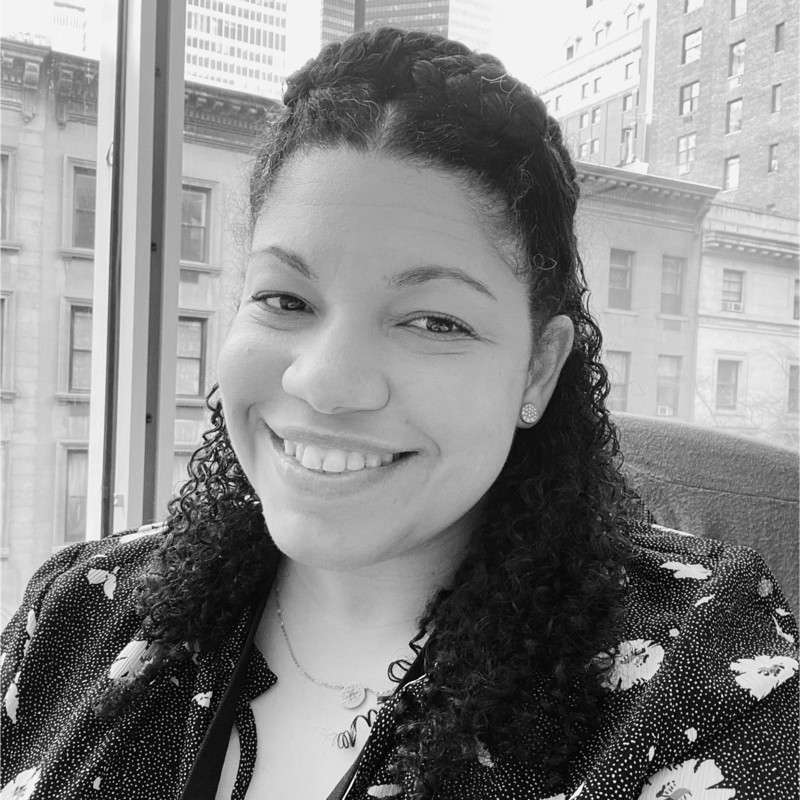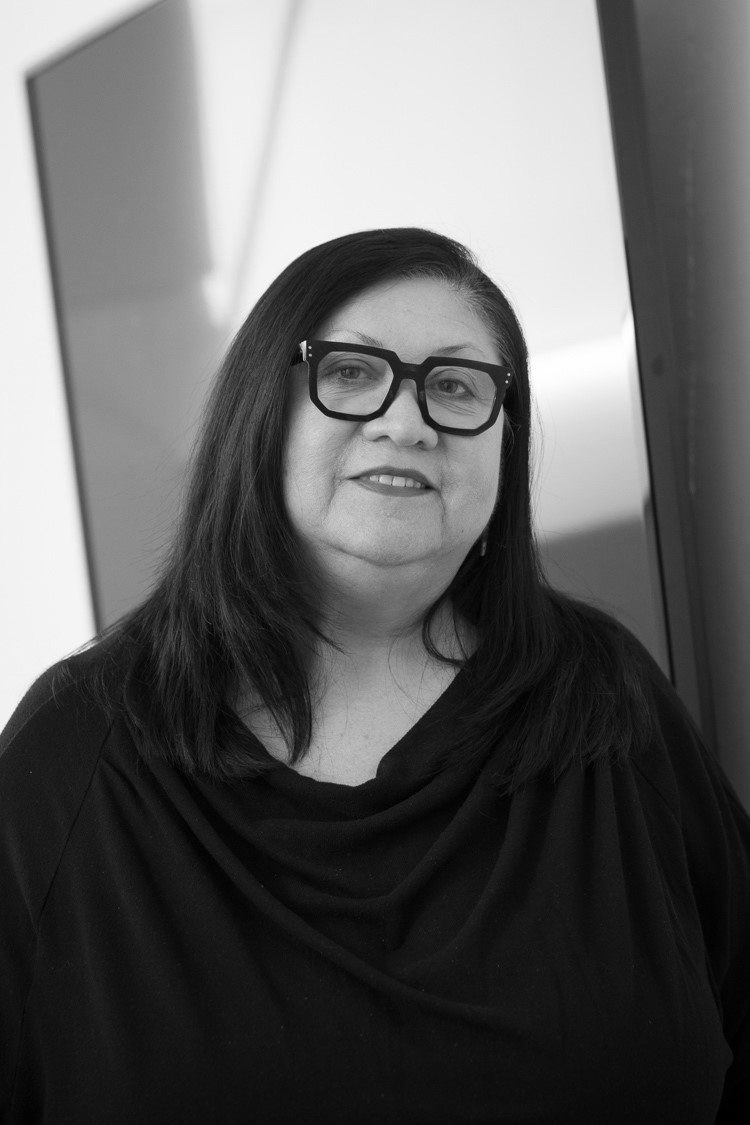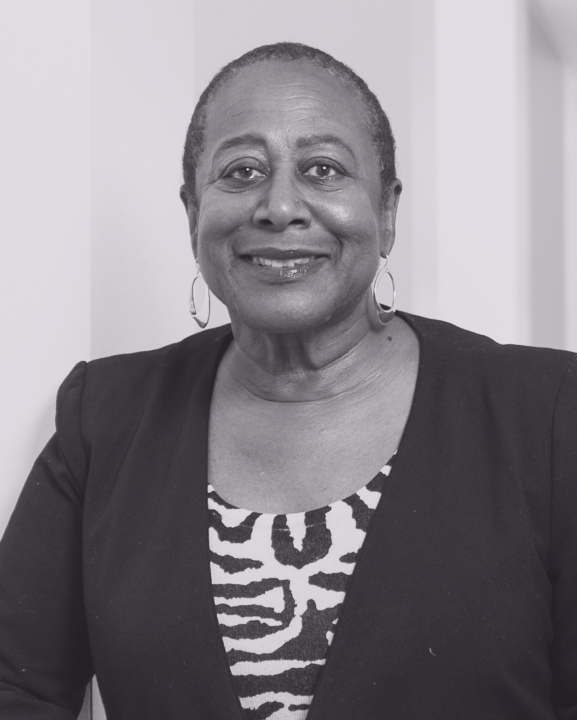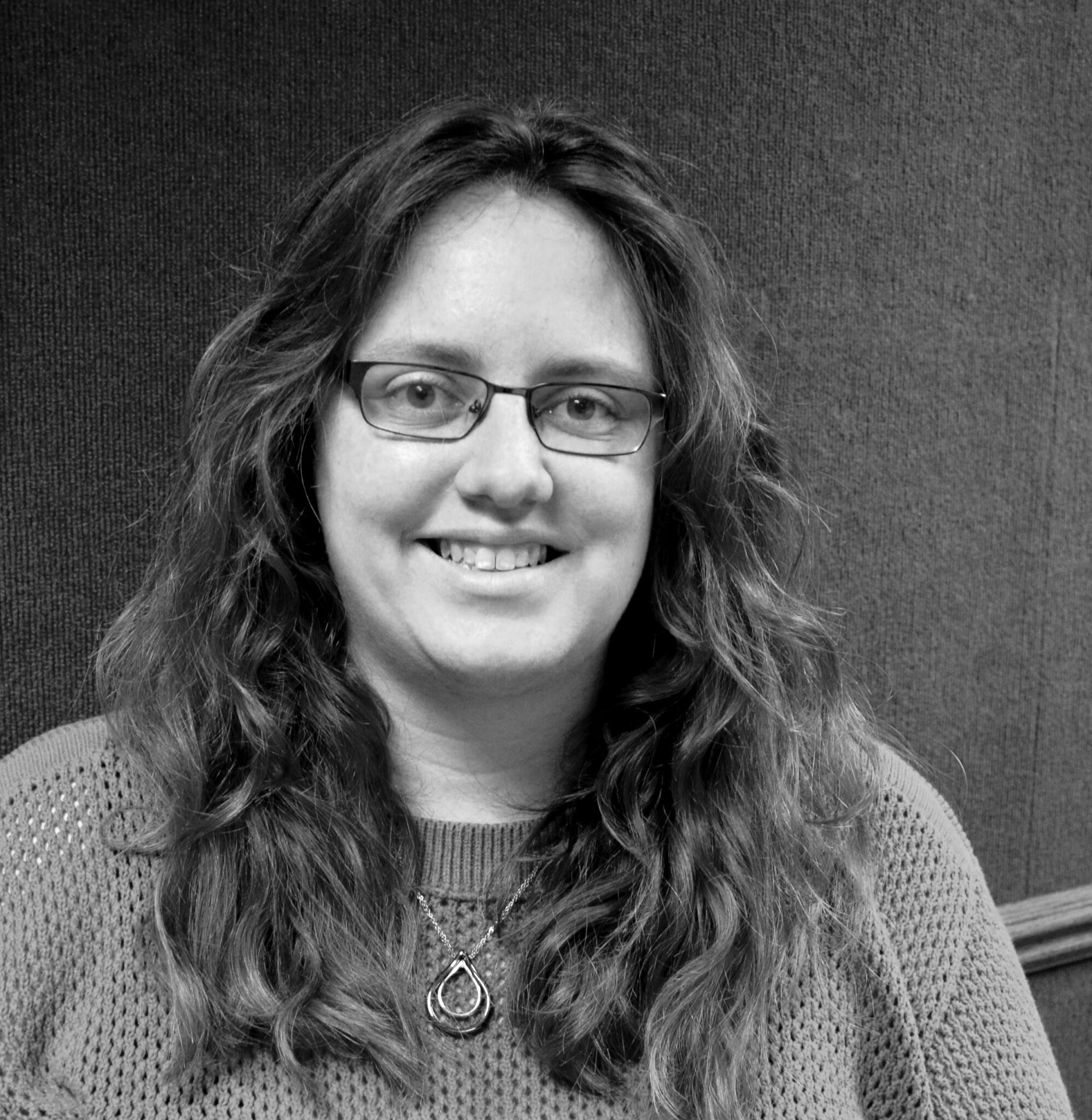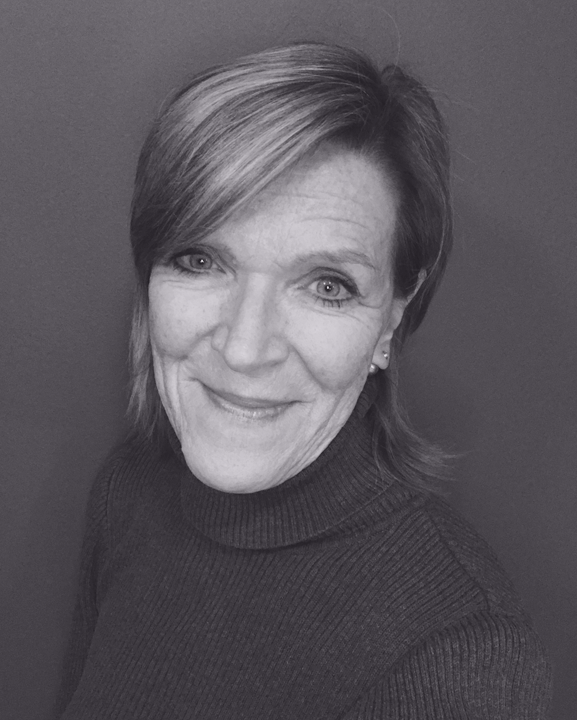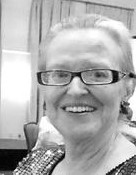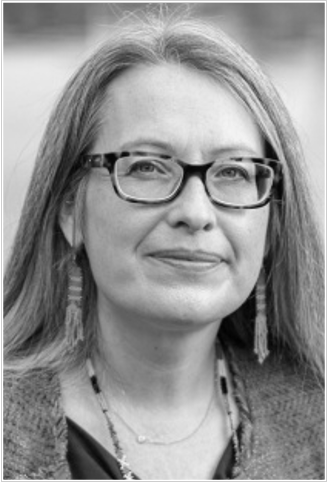Ida E. Jones
Co-President
Ida E. Jones is the Associate Director of Special Collections and University Archivist at Morgan State University in Baltimore, Maryland. A native of Cambridge, Massachusetts, she graduated with a B.A. in News Editorial Journalism and a Ph.D. in American History from Howard University. Throughout her career she remains committed to service within the profession of history and archives. She provides consultant services for persons & organizations interested in learning about the archival process. She serves as an adjunct instructor for Lancaster Bible College.
Her scholarship is evident in numerous publications, speaking engagements, as well as, radio and television appearances. Her publications include book reviews, a variety of encyclopedia entries and four monographs. Her first book The Heart of the Race Problem: the Life of Kelly Miller was self-published in 2011 and her recent book Baltimore Civil Rights Leader Victorine Q. Adams the Power of the Ballot was published in 2019. All of her publications and larger research interest explore the archival documentation of individuals who lived impactful lives and left a tangible legacy.
A lover of historical fiction and documentaries, she is a consummate scholar who believes deeply in the words of Mrs. Mary McLeod Bethune who stated “power must walk hand in hand with humility and the intellect must have a soul.”
